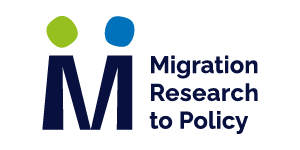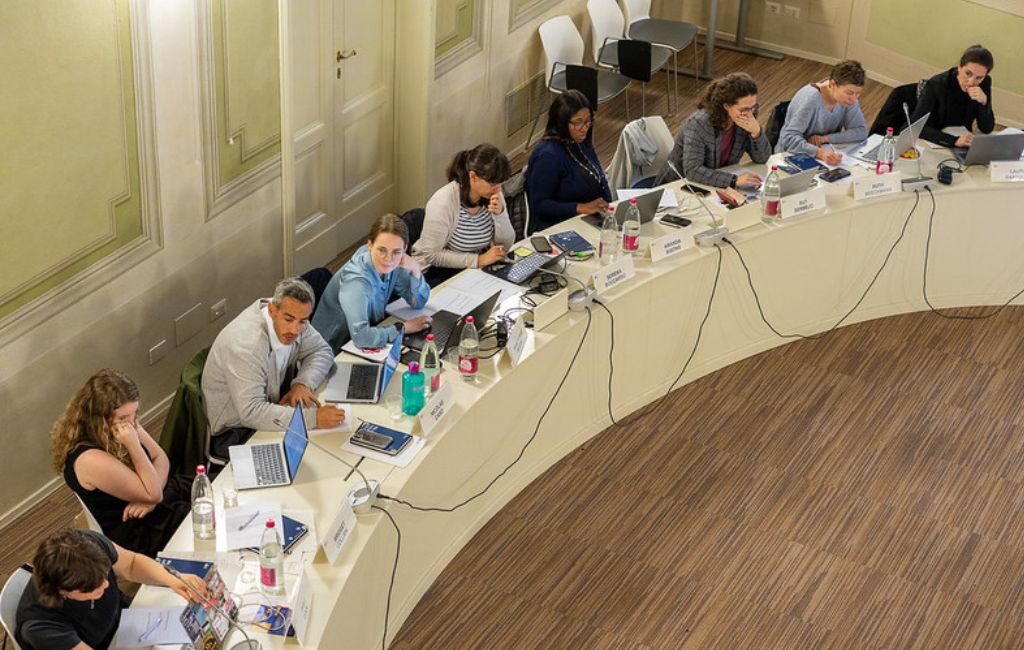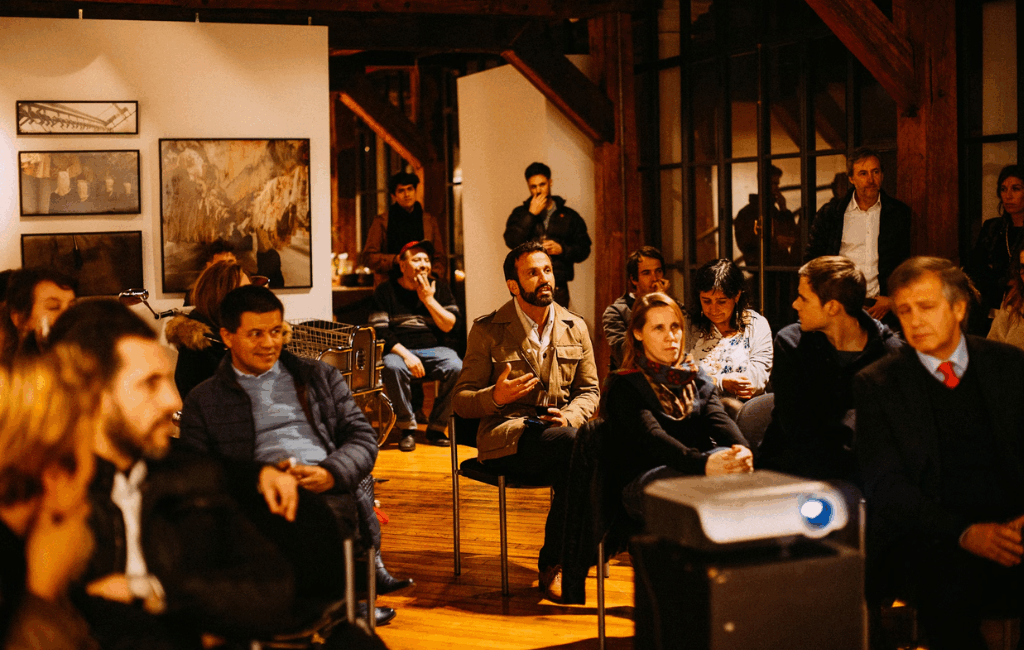
Engagement Hub
Why you should take every opportunity to share your work
Author
About
Birgit Glorius
writing, dissemination
How my blog piece changed my way of thinking
A couple of years ago, I wrote a blog post for a partner organisation about refugee reception in Germany and Poland. At the time, I didn’t think much of it because I didn’t believe it met the high academic standards expected of scholars. I also doubted its usefulness to policymakers and practitioners who already had a lot of information at their disposal. However, it was widely shared and led to opportunities for me to present to policymakers.
The experience led me to think about how we scholars can provide information in a useful and digestible way to policymakers by narrowing down the main points of policy papers and empirical data to one simple but tangible research question.
Below I’ll share how this happened to me and what you can do to help maximise the impact of your own research.
How it all started: collaboration, a standard convening, and then just a little bit extra communication
It started in February 2022, when Russia began its full-scale war on Ukraine, resulting in immediate massive outflows of refugees to neighbouring countries. I had a conversation with a Polish colleague about the similarities between the experiences of Poland in 2022 and of Germany in 2015 regarding the challenge of massive arrivals of refugees. We decided to collaborate and convene an online workshop at the CMR Warsaw to share German experiences as a reception country and identify possible learnings for Poland in welcoming Ukrainians.
I prepared a presentation in which I talked about the most important steps of refugee reception, from accommodation to aspects such as education, health, language acquisition and labour market integration. I compared my research findings on the integration of refugees from the Middle East since 2015 with what we then knew about the situation of Ukrainian refugees, even though our information was scarce at the time.
The workshop was well attended by fellow researchers and some practitioners. No policymakers attended. To see if the event could have a bigger reach, I wrote a blog piece for a Polish partner project, aimed at a broad audience of researchers, but also policymakers and practitioners in the field of refugee reception. I basically translated my spoken paper and my slides into written text, rather descriptive and data-oriented, but with a clear message regarding the similarities and differences between the refugee reception situation in 2015 in Germany and in 2022 in Poland and the crucial steps of the reception process.
From a blog post to presenting to German policymakers
The blog piece was published on the partner’s site, and I also published it on my website. Somehow, it made its way from there onto the website of the German Federal Agency for Migrants and Refugees (Bundesamt für Migration und Flüchtlinge, BAMF).
As a result, I was invited to present about this on a panel at a conference for lawyers and bureaucrats. After the event, one of the organisers, a high-ranked official in the BAMF, told me that my blog piece was on top of his desk and that he found it extremely valuable and said it was the reason that he invited me to the conference—to provide a holistic and contextualised view on the refugee situation and the challenges we were facing.
At the time, I felt embarrassed that a simple blog, which is not often thought of as the level of academic excellence that scholars usually strive for, could be so helpful. However, the experience highlighted how easy it is for multi-faceted policy papers to be overlooked during the frantic daily responsibilities of a high-ranking administrative official or policy-maker. What is needed is to narrow down the main points of these policy papers and data collection documents to an even more straightforward but tangible research question, and then develop the argument step by step in easy, comprehensible language using empirical data to strengthen and contextualise the arguments.
Are you ready to get started?
So, following on from this experience, what is my message to you as a migration scholar engaging in research to policy communication (R2P)?
Take Aways
Keep it simple: I know that as scientists, we like to think in a complex and theory-orientated way and that, from this perspective, empirical descriptions or comparisons feel banal. But they are not! Policy makers and practitioners often lack time and critical distance for a birds-eye perspective on their daily work. We can facilitate this perspective by offering a simple but holistic and contextualised account.
Find the unexpected opportunities for R2P communication: R2P Communication, even if carefully planned, can be a very strenuous and disappointing experience, as it is often difficult to attract the attention of policy makers. But sometimes the possibility of R2P Communication arises in situations we hadn’t expected! In the case described above, it was my role on an advisory board of a Horizon 2020 project that led me to the conversation with the Polish partners, the online event, and eventually to a blog that gave me access to their networks.
Multiply your output: If your carefully prepared R2P roundtable only attracted a handful of participants, don’t be disappointed! Rather, take your nicely prepared work and multiply it by producing other types of output: transform the PowerPoint into a text, a podcast, a video etc; publish it on your website, talk about it on social media. Through this, the ideas of your initial event will slowly but continuously trickle down to a wider audience.
Dr. Birgit Glorius is professor of human geography of East Central Europe at Chemnitz University of Technology, Germany.
Have a tip for how researchers could better engage with policymakers?
Submit your idea for a ‘short’ to be featured on the Co-Lab.












